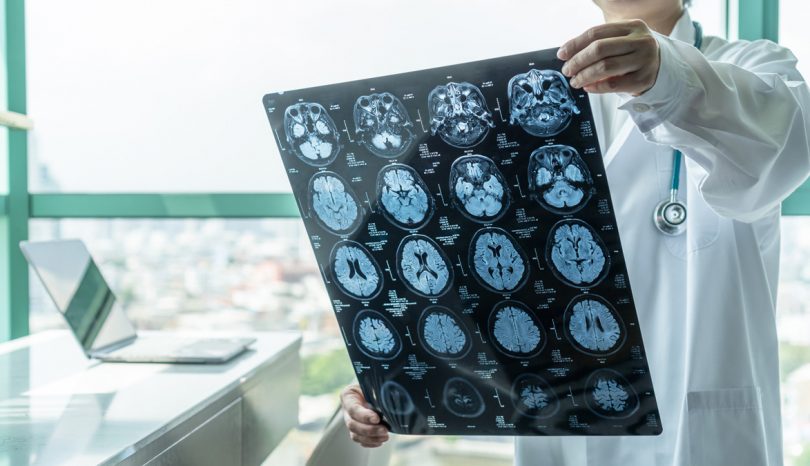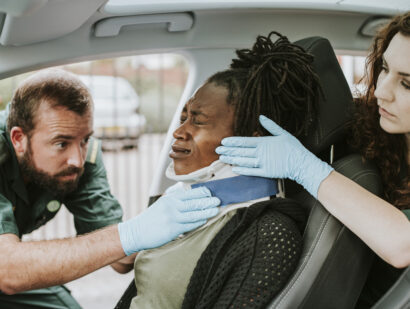- Find A Medical Provider
- Auto Injuries
- Common Injuries
- Medical/Pharmaceutical
- Types of Medical Injuries
- Malpractice Injuries
- Drug and Medical Device Injuries
- Drugs and Devices Linked to Cancer
- Opioid Addiction
- Drugs and Devices Known to Cause Injury
- 3M Combat Arms Earplugs – Hearing Loss
- Accutane
- Aciphex
- Actonel
- Actos
- Adderall and Ritalin
- Advair
- Aldara (Imiquimod)
- Alli
- Ambien
- Amiodarone
- Anzemet
- Aptivus
- Aranesp
- Arava
- Atorvastatin
- Avandia
- Benicar
- Birth Control Medication
- Blood Thinners
- Essure
- Fosamax (Alendronate Sodium)
- Gadolinium-Based MRI Contrast Agents
- Granuflo
- Hernia or Surgical Mesh Injuries
- Hydroxycut
- Inferior Vena Cava Filters
- Invokana Toe and Foot Amputations
- Ketek
- Levaquin
- Lipitor
- Mirapex
- Neurontin
- Onglyza
- Over-the-Counter Medications
- OxyContin
- Paxil
- Power Morcellators
- Pradaxa
- Propecia
- Reglan
- Talc Powder
- Trasylol
- Valsartan
- Viagra
- Xolair
- Zelnorm
- Zoloft
- Work Injuries
- Sports Injuries
- Marketing Services
- Blog
List your practice on InjuredCare | Log in / Sign up
Auto Accident Brain Injuries

The Types of Brain Injuries Suffered in Motor Vehicle Wrecks | Symptoms of a Brain Injury | Treatment for Auto Accident Brain Injuries
According to statistics compiled by the Centers for Disease Control, nearly 20% of the almost two million traumatic brain injuries (TBIs) reported in the United States each year are suffered in motor vehicle accidents. Furthermore, auto accidents are the second-leading cause of concussions, accounting for about one in four nationwide. Though many brain injuries sustained in car crashes are the result of contact with a windshield, dashboard, or other part of a car, serious brain injuries can also occur without impact. One of the most common brain injuries caused by auto accidents is whiplash, where your head or neck snaps violently back and forth, causing your brain to bounce off the inside of your skull.
What Are the Types of Brain Injuries That Can Be Suffered in an Auto Accident?
Any time you suffer a brain injury as a consequence of an accident (as opposed to a degenerative condition or illness), it's classified as a traumatic brain injury, or TBI. TBIs are generally considered to be mild, moderate, or severe. A mild TBI, commonly referred to as a concussion, typically involves loss of consciousness (if at all) for less than 30 minutes. A moderate TBI usually leads to loss of consciousness for more than 30 minutes, but less than 24 hours. If you lose consciousness for more than a day, it's typically considered a severe TBI.
Brain injuries are further categorized by the types of damage sustained:
- Some of the injuries to your brain suffered in an auto accident may take the form of contusions, or bruises. Bruises are caused when blood cells are damaged or broken. Contusions on your brain can be serious, as they can lead to swelling or inflammation, which can put undue pressure on your brain and put you at risk of blood clots.
- More significant tearing of brain tissue or structures is medically referred to as a "diffuse axonal" injury. These injuries are most commonly caused when your brain careens from side to side inside your skull.
- In some of the most serious cases, you can suffer a skull fracture or have a foreign object penetrate your skull into your brain. In addition to the damage caused by the penetration, there's also a high risk of infection.
What Brain Injury Symptoms Should You Watch Out for After a Car Accident?
Because your brain is the control center for your body, any injuries that affect it can produce wide-ranging symptoms:
- Loss of consciousness
- Persistent headaches
- Cognitive changes, including memory problems, difficulty communicating, challenges with concentration or reasoning, mental fogginess, or confusion
- Vomiting or nausea
- Increased sensitivity to sound or light
- Changes in your sleep patterns, including either insomnia or excessive fatigue
- Convulsions or seizures
- Vertigo, dizziness, loss of balance, diminished motor skills, slurring of speech
- Weakness or tingling in your extremities
- Uncharacteristic agitation, depression, anxiety, or mood swings
Diagnosis and Treatment of Auto Accident Brain Injuries
Concussions and traumatic brain injuries can be difficult to diagnose, as X-rays, CT scans, and MRI technology don't always reveal the presence of a TBI. Medical professionals have developed a 15-point test to assess the degree of any brain injury, known as the Glasgow Coma Scale (GCS). The GCS allows a doctor to observe the following physical responses and make an assessment:
- The victim's eye opening
- The victim's verbal response
- The victim's motor response
Treatment for any auto-accident-related brain injury depends, to some degree, on the severity of the injury. Should you have a blow or bump to the head in a motor vehicle accident, you should seek medical attention in a hospital emergency room or an urgent care facility, or from your primary care physician. Your doctor can assess your injury and either prescribe a regimen of care or refer you to a specialist, if necessary.
With a mild brain injury, you can typically expect to fully recover within a couple weeks, provided you get sufficient rest. Over-the-counter painkillers can be taken to minimize the discomfort of any headaches. Anti-inflammatory medication can keep swelling down.
After a moderate-to-severe brain injury, the most critical factors are ensuring that your brain gets adequate blood and oxygen, keeping your blood pressure stabilized, and taking necessary steps to minimize the risk of further injury to your brain. You may be prescribed anti-seizure drugs or even coma-inducing drugs, so that your brain and body have time to heal. Diuretics can also be used to lower fluid retention and swelling. In severe cases, surgical procedures may be required to alleviate pressure on the brain, remove or break up blood clots, stop brain bleeds, or repair a skull fracture.
Even with a mild brain injury, you want to continue to seek medical care until your treating physician diagnoses you as healed or at maximum medical improvement.









